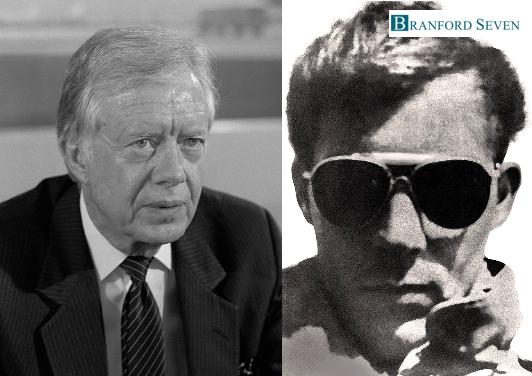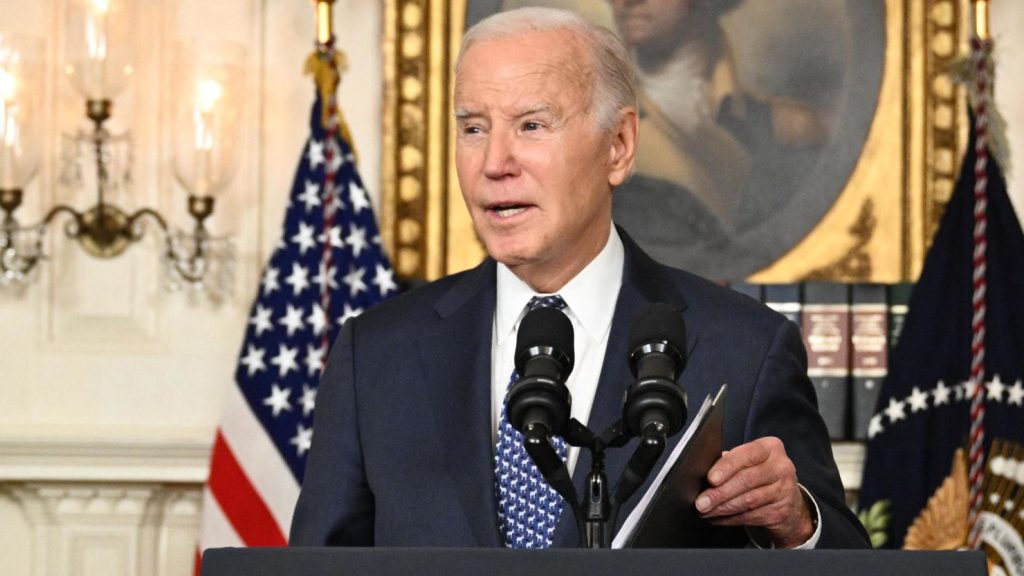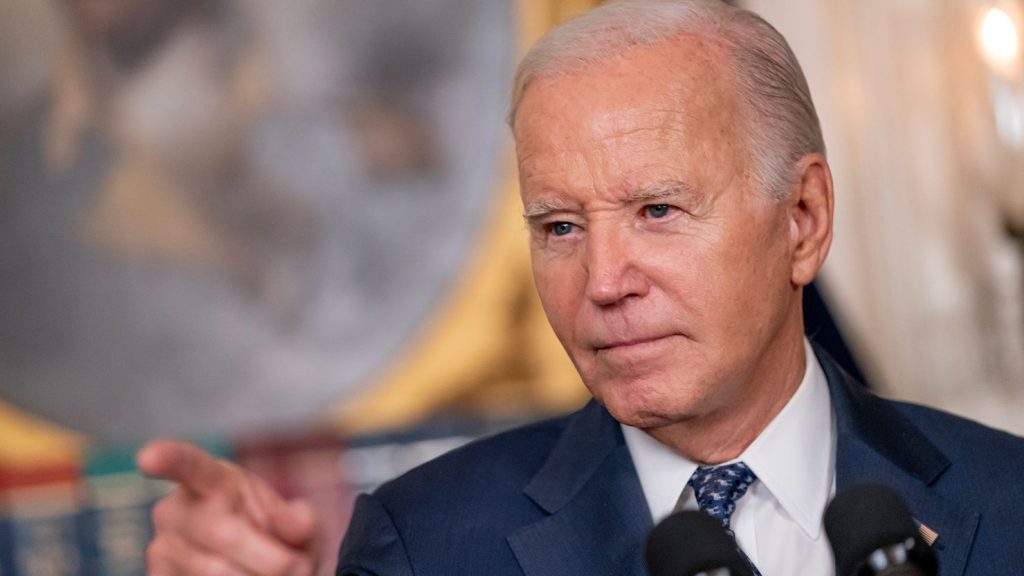In a remarkable intersection of two iconic figures in American history, Hunter S. Thompson’s sharp political commentary met the passionate advocacy of former President Jimmy Carter. This storied relationship became particularly vivid during a memorable event at the University of Georgia on May 4, 1974, where Carter delivered a powerful speech on social justice. Today, we reflect on how these two unique voices stirred the nation’s consciousness in the heart of political upheaval.
A Legendary Meeting
On that unforgettable day in 1974, Hunter S. Thompson, known for his fearless and often controversial perspectives, attended Law Day at the University of Georgia. Here, he witnessed soon-to-be President Jimmy Carter passionately address issues that resonated deeply with the audience and with Thompson himself. The themes of social justice and civil rights echoed throughout Carter’s speech, drawing connections to the legendary musician Bob Dylan, who profoundly influenced the political climate of the era.
Thompson’s Groundbreaking Work
Just two years earlier, Thompson had published his groundbreaking book, *Fear and Loathing on the Campaign Trail ’72*. This book became a cornerstone of political journalism and showcased his unique style, characterized by the phrase “shameless lies and cynical bullshit” to critique U.S. politics. Matt Taibbi even hailed this work as a “bible of political reporting,” underlining its lasting impact on how we think about political coverage and journalism today.
Reflections on Carter’s Impact
As Carter spoke about Martin Luther King Jr. and the urgent need for justice, Thompson couldn’t help but be moved. The Governor of Georgia was not just recounting history; he was calling for change, urging his listeners to reflect on the state’s criminal justice system and the broader implications of equality and fairness. This moment wasn’t just pivotal for Thompson; it marked a significant point in Carter’s own growing political legacy.
- Thompson’s *Fear and Loathing on the Campaign Trail ’72* spoke to political frustration.
- Jimmy Carter became known for his humanitarian efforts after his presidency.
- Both figures challenged the status quo in their respective spheres.
Carter and Pop Culture
Jimmy Carter’s presidency (1976-1981) was marked by formidable challenges, ranging from the Iranian hostage crisis to an energy crisis that altered the American socio-economic landscape. Amid these difficulties, he remained committed to advocating for human rights globally, a principle that started taking root during his days in Georgia. Notably, Carter used popular culture—like the music of Bob Dylan—to frame his ideas, creating a relatable bridge to younger generations and politically inclined youth.
The Last Impact of the Gonzo Style
Even as Thompson faced his own demons later in life, struggling with excess and disillusionment, his early works remained influential. He had an uncanny ability to tap into the frustrations and aspirations of American society. His writings often served as a creative outlet for an entire generation disillusioned by political manipulation and media gamesmanship.
Bonding Through Idealism
In retrospect, the connection between Carter and Thompson serves as an example of how two different narratives can shape a nation’s identity. While Thompson leaned into the chaos and absurdity of American politics through his gonzo journalism style, Carter offered a more traditional, morally centered approach to leadership. Their legacies continue to resonate today, reminding us that change often arises from bold voices unafraid to challenge the norm.
| Key Figures | Influences | Legacy |
|---|---|---|
| Hunter S. Thompson | Bob Dylan, Political Commentary | Redefined political journalism |
| Jimmy Carter | Martin Luther King Jr., Human Rights | Pioneered humanitarian efforts |
As we remember these two influential figures, we see that their paths crossed at a crucial moment. Both men, in their ways, shaped political discourse and highlighted the ongoing struggles for justice, making their stories timeless in the ever-evolving narrative of America.



